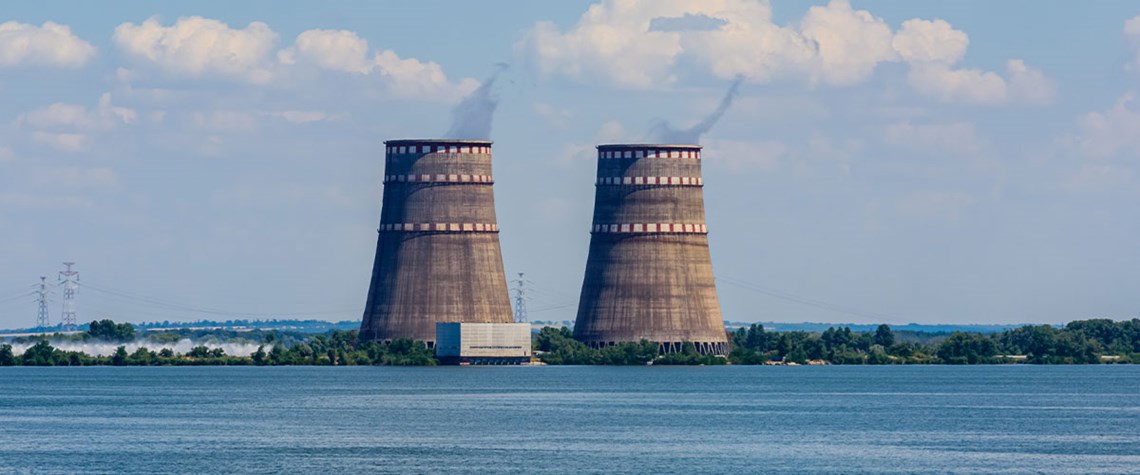Nuclear industry must be aware of conflict risk
Countries that lack the ability to protect sites should think carefully about nuclear buildout
Russia’s seizure of Ukraine’s Zaporizhzhia nuclear power plant—the largest in Europe—has underlined the risk that civilian reactors could become military targets, raising questions about nuclear buildout in countries that lack the ability to protect such sites, delegates heard at an energy and climate tech conference in Tokyo in early October. Russia captured the 5.7GW Zaporizhzhia station in March shortly after invading Ukraine, but Ukrainian technicians continued to operate it until they shut down the last of the facility’s six reactors last month. On Wednesday, Russian president Vladimir Putin signed a decree that designated the power plant as Russian property, permitting Moscow to operat

Also in this section
21 July 2024
Awards experience 20% increase in nominations this year, with submissions from 27 countries
18 July 2024
Platform developed at Scottish university uses advanced simulations and machine learning to find most cost-effective and sustainable combinations of materials for use in carbon capture
18 July 2024
Stockholm Exergi agrees to one of world’s largest deployments of CO₂ liquefication technology to enable transport of emissions captured from biomass power plant
11 July 2024
Watkins will leverage her financial acumen and strategic insight to lead Gulf’s commercial initiatives across media, events, and market intelligence







